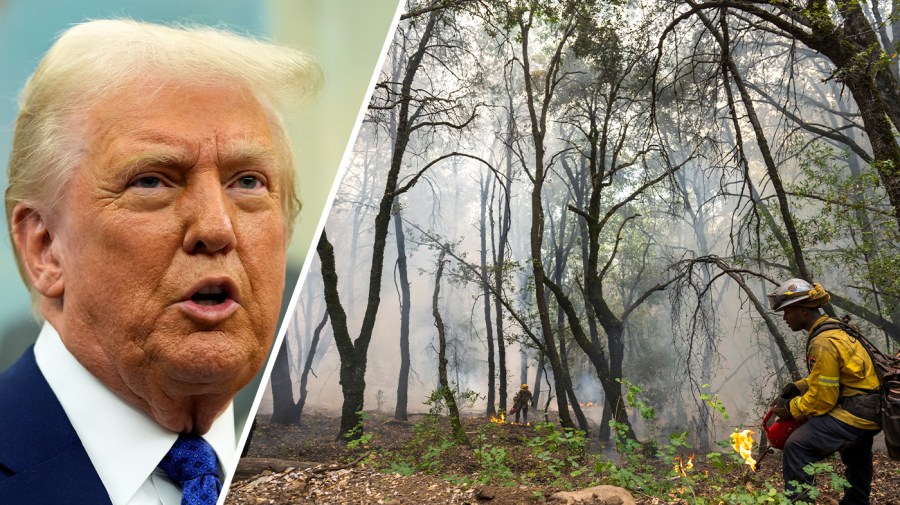Trump Administration Continues Federal Funding Freeze Despite Court Orders
The Trump administration is facing criticism for continuing to freeze federal funding for numerous programs, despite multiple court orders blocking such actions. This ongoing situation has created confusion and concern among grant recipients, lawmakers, and legal experts.
Key Points
Multiple federal judges have issued orders halting Trump’s federal funding freeze. Some agencies appear to be withholding funds anyway, citing “operational delays.” The freeze impacts billions in grants for healthcare, research, education and more. Legal challenges argue the freeze violates separation of powers and federal laws. The administration claims it is reviewing funding to align with new executive orders.
Background and Timeline
On January 27, 2025, the Office of Management and Budget (OMB) issued a memo ordering a freeze on all federal grants and loans. This sweeping directive impacted thousands of programs and caused immediate chaos and confusion. Within days, federal judges in multiple jurisdictions issued temporary restraining orders blocking the freeze. On January 29, OMB officially rescinded its memo. However, the White House press secretary stated that executive orders on funding reviews “remain in full force and effect.” Despite the court orders and OMB’s rescission, reports indicate that some agencies are continuing to withhold funds, citing vague “operational delays.”
Why It Matters
This funding freeze impacts trillions of dollars in federal assistance. Affected programs span healthcare, scientific research, education, infrastructure, and more. Even brief disruptions can have severe consequences for grant recipients and the people they serve. The administration’s actions raise serious legal and constitutional questions. Critics argue it violates the separation of powers, as Congress has authority over federal spending. There are also concerns about potential violations of the Impoundment Control Act. The situation has created widespread uncertainty for states, nonprofits, researchers, and others who rely on federal funding. Many are unsure if or when they will receive expected grants.
Different Perspectives
The Trump administration argues the funding review is necessary to ensure compliance with new executive orders on issues like diversity initiatives and environmental policies. Supporters say it will eliminate wasteful spending. Critics, including many Democratic lawmakers and state attorneys general, see it as an illegal power grab that threatens critical programs and research. They argue the president cannot unilaterally freeze congressionally approved funding. Legal experts are divided on the constitutionality of the freeze. Some say it clearly violates separation of powers, while others argue the president has some discretion in implementing spending.
Looking Ahead
Multiple lawsuits challenging the funding freeze are ongoing. Courts will likely need to further clarify the legality of the administration’s actions. Congress may also take action. Some lawmakers have called for investigations into potential violations of appropriations law. The situation remains fluid, with grant recipients anxiously awaiting clarity on when and if their funding will be released. The ultimate resolution could have major implications for the balance of power between the executive and legislative branches. As this complex story continues to develop, it’s crucial to stay informed through diverse, reputable news sources. The full impacts of this unprecedented funding freeze may not be clear for some time.









